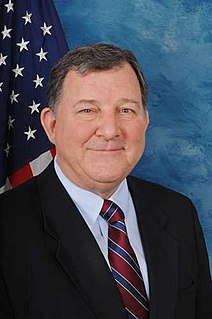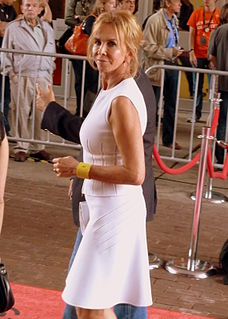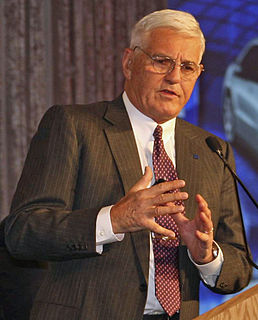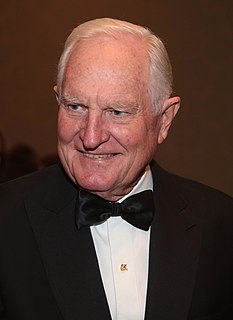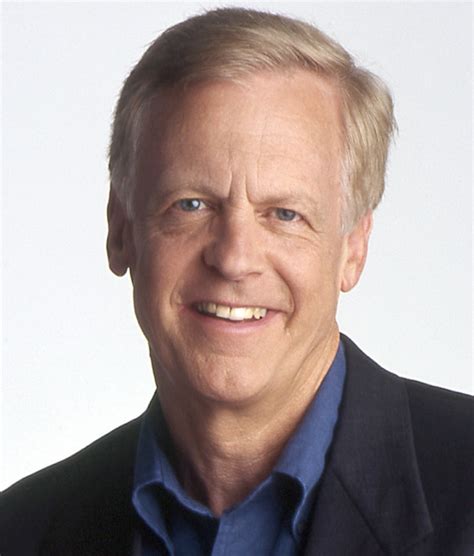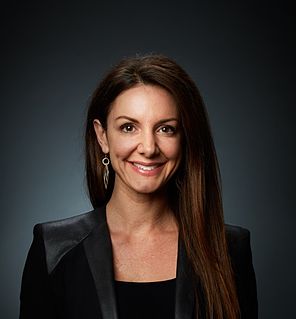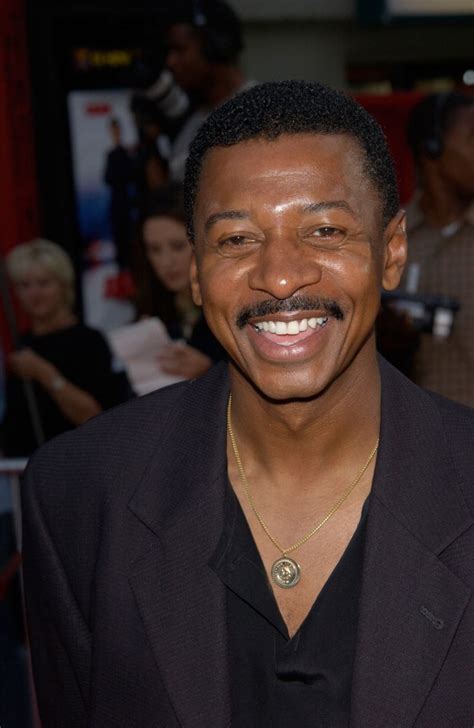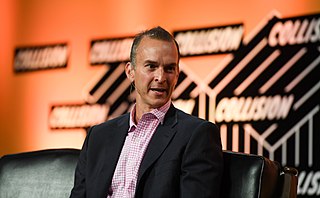A Quote by Keith Rabois
Most people, most great people even are ammunition. But what you need in your company are barrels. You can only shoot through the number of unique barrels you have, so that's how the velocity of your company improves... is by adding barrels, and then you stock them with ammunition and then you can do a lot.
Related Quotes
Barrels are very difficult to find. But when you have them, give them lots of equity. Promote them, take them to dinner every week, because they are virtually irreplaceable because they are also very culturally specific. So a barrel at one company may not be a barrel at another company. One of the ways, the definition of a barrel is, they can take an idea from conception and take it all the way to shipping and bring people with them.
If every U.S. citizen ate just one meal a week (any meal) composed of locally and organically raised meats and produce, we would reduce our country’s oil consumption by over 1.1 million barrels of oil every week. That's not gallons, but barrels. Small changes in buying habits can make big differences. Becoming a less energy-dependent nation may just need to start with a good breakfast.
The most common mistakes were investing in money market funds by people who were so scared at the prospect of managing their own funds that they picked the most conservative option, and their investments did not keep up with inflation. The second major mistake was being too heavily invested in their own company's stock, and buying when it was high and there was a lot of optimism about the company, and then having to sell it low when the company got in trouble.
When you're in a start-up, the first ten people will determine whether the company succeeds or not. Each is 10 percent of the company. So why wouldn't you take as much time as necessary to find all the A players? If three were not so great, why would you want a company where 30 percent of your people are not so great? A small company depends on great people much more than a big company does.



